Push and pull on clean energy

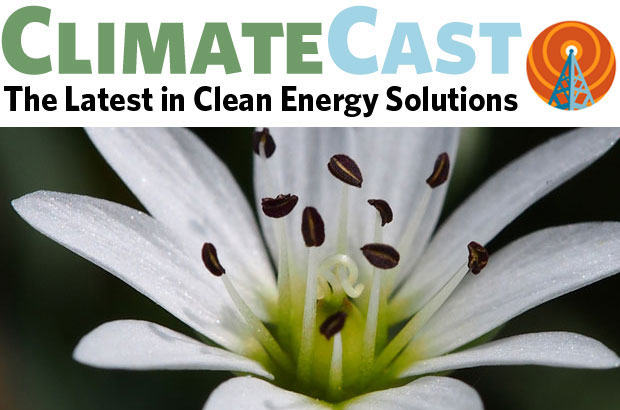
Northwest states respond to the data center boom; Trump admin attacks on environmental protection hit a speedbump; courts weigh in on the clean energy transition
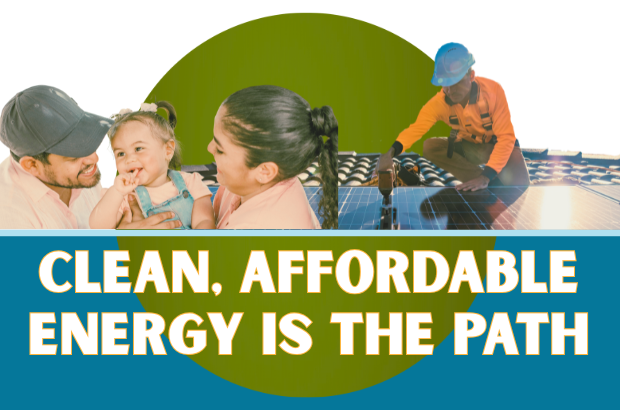
The long-awaited Energy Strategy report is here, providing a roadmap for a clean energy transition, and, with the first-of-its-kind climate executive order from Governor Kotek that directs swift implementation of the findings, a cleaner, reliable, and more affordable energy future is more possible than ever before.
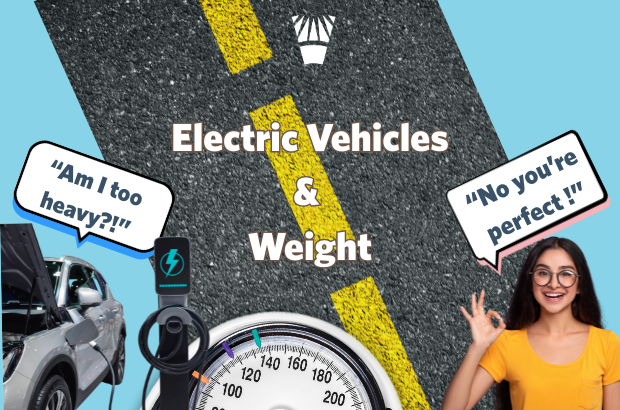
EVs can weigh more, but is that missing the forest for the trees?
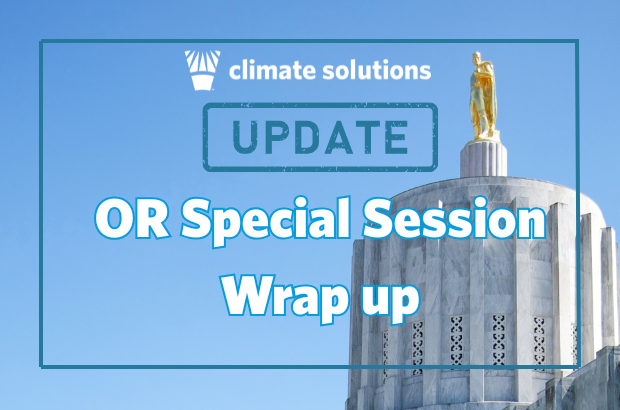
Our north star is simple: we need to be investing in Oregon, not DOGE’ing essential safety, transit, and climate programs or discouraging the transition to clean transportation.
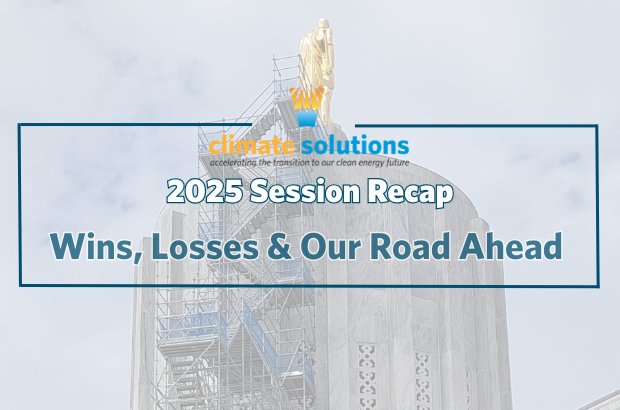
Oregon’s 2025 legislative session delivered mixed results for climate progress. Sound familiar? That’s because this is the second year in a row that Oregon lawmakers fell short of delivering the bold investments and climate action this moment demands. While we secured hard-fought wins and defended against serious threats that would unwind existing progress, this was far from a banner year for climate action in Oregon. Still, this session laid important groundwork, and we have a clear call to action for the road ahead.
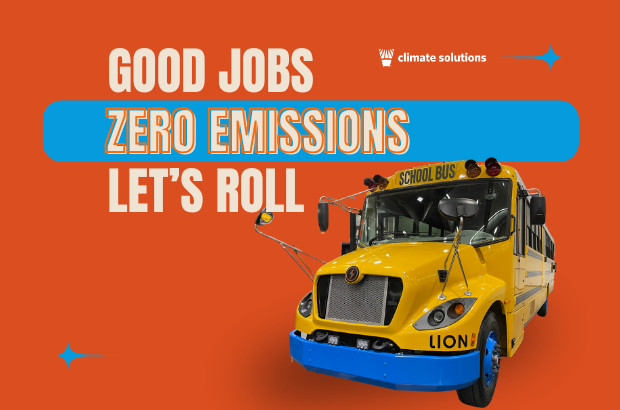
Everyday necessities shouldn’t come with everyday pollution. Yet the goods and resources we rely on are delivered by a freight system powered largely by diesel. This is bringing toxic emissions into our neighborhoods, schools, and lungs. Diesel pollution is not just an environmental issue, it’s a public health crisis, especially for children.
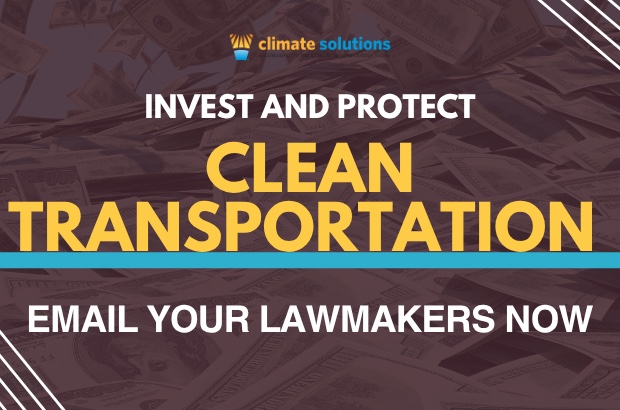
Right now, Oregon legislators are drafting a sweeping transportation funding package. Without major course correction, it will fail to meet our state’s climate and equity goals. Transportation is our state’s largest source of climate pollution. Yet the current transportation proposal does not include any investment in clean vehicles or charging infrastructure.
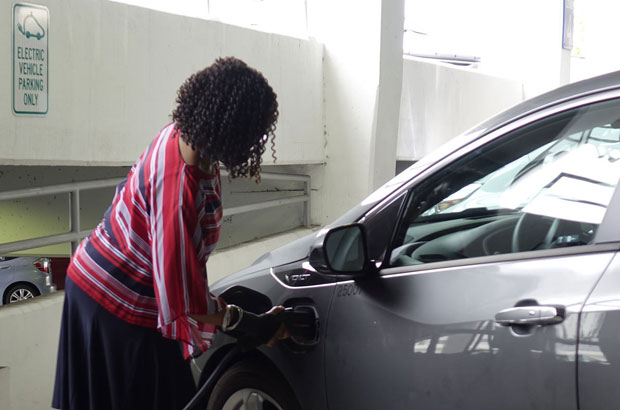
Nonprofits sue Trump administration over illegal freeze of billions for EV charging. Plaintiffs include Climate Solutions, the Sierra Club, Earthjustice, NRDC (Natural Resources Defense Council), the Southern Environmental Law Center and others.
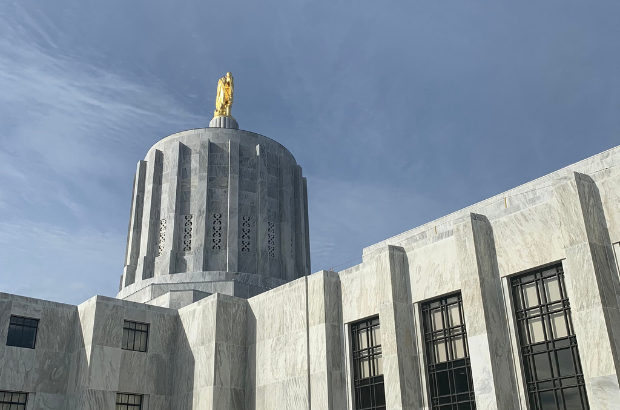
Salem, OR – In a major setback to clean air and climate progress, Oregon leaders today announced a two-year delay to the state’s Advanced Clean Trucks (ACT) rule—bowing to pressure from fossil fuel interests and truck manufacturers as part of a nationally orchestrated multi-state campaign to derail the transition to cleaner electric vehicles. This delay strips the ACT rule of its regulatory teeth for two more years, rewards industry laggards, and directly undermines Oregon’s climate commitments, public health protections, and economic leadership.

The Oregon Department of Environmental Quality (DEQ) is updating the ACT and HDO rules to maintain alignment with California and ensure they stay strong. However, big oil and truck manufacturer forces are trying to use this process to gut the rules. This is where you come in. Regulators must hear from you— Oregonians who require clean air, a stable climate, and a thriving economy built around clean technology. 🤳🏼What can you do? 📧 Email and Write-In your comment through 5/7/25
Join our email list to learn about what we do and how to get involved.
Salem, OR – In a major setback to clean air and climate progress, Oregon leaders today announced a two-year delay to the state’s Advanced Clean Trucks (ACT) rule—bowing to pressure from fossil fuel interests and truck manufacturers as part of a nationally orchestrated multi-state campaign to derail the transition to cleaner electric vehicles. This delay strips the ACT rule of its regulatory teeth for two more years, rewards industry laggards, and directly undermines Oregon’s climate commitments, public health protections, and economic leadership.